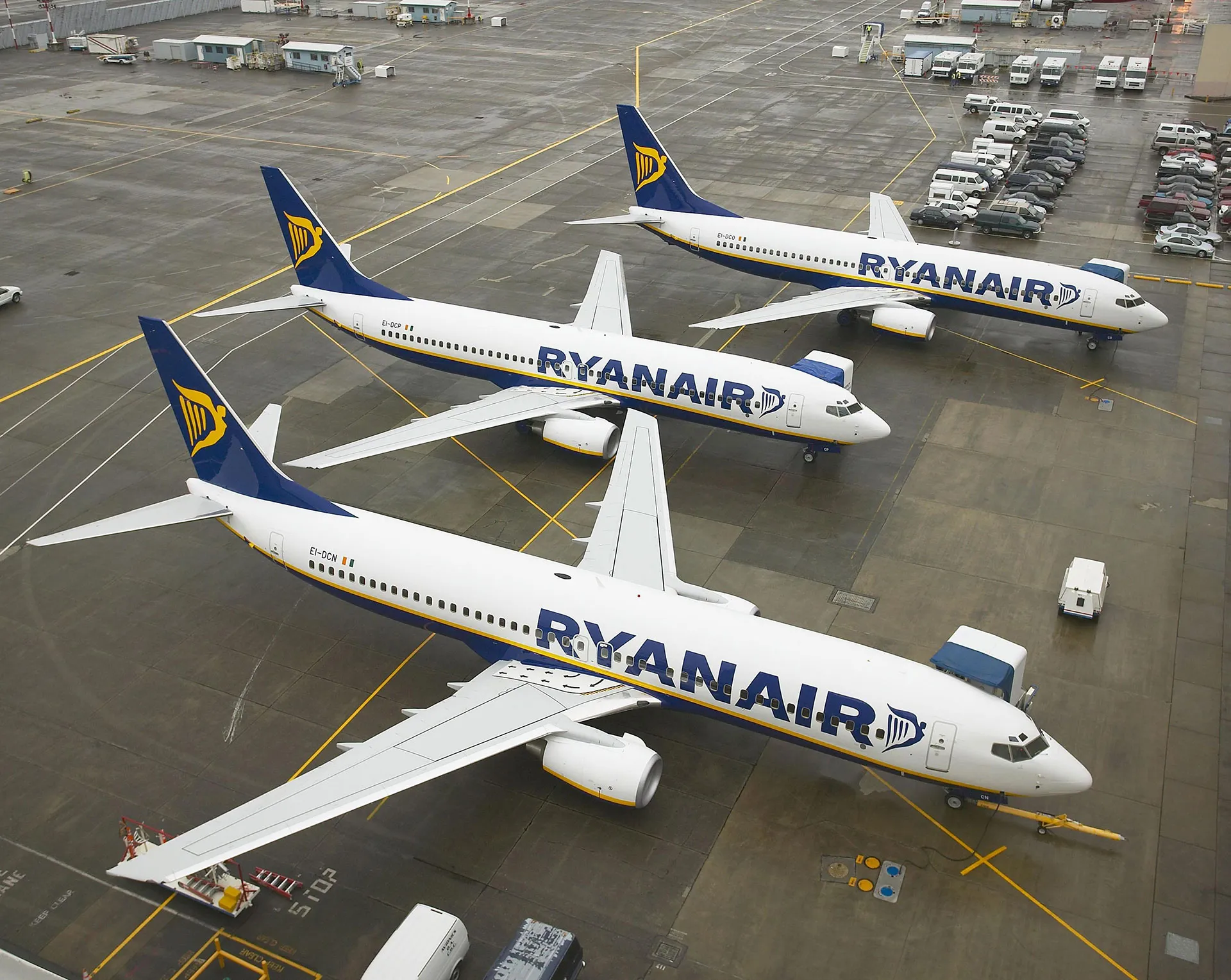
Ryanair's O'Leary renews push for "free" flights
Dec 01, 2016

Michael O'Leary, the CEO of Ryanair, is intensifying efforts to introduce a model of "free" flights for passengers, shifting the airline industry's traditional revenue structure. His proposal hinges on generating income through ancillary services, such as fees for baggage, priority boarding, and in-flight purchases. O'Leary believes this approach could democratize air travel, making it more accessible while allowing Ryanair to maintain profitability. By leveraging innovative pricing strategies, he aims to attract more customers and enhance the airline's competitive edge in a market increasingly focused on cost-effectiveness and customer experience.
Ryanair's CEO Michael O'Leary has once again ignited discussions in the aviation industry by renewing his push for "free" flights. This bold proposal aims to revolutionize the way we perceive air travel, making it more accessible to the masses while simultaneously increasing efficiency and profitability for airlines. O'Leary's vision aligns with Ryanair's longstanding strategy of low-cost travel, and he believes that with the right innovations, "free" flights could become a reality in the near future.
The Concept of "Free" Flights
The idea behind "free" flights is not as straightforward as it may sound. Instead of traditional ticket prices, O'Leary suggests a model where passengers pay minimal or no upfront costs. The airline would then generate revenue through ancillary services, including:
| Revenue Source | Description |
|---|---|
| Baggage Fees | Charges for checked luggage and larger carry-ons. |
| In-Flight Purchases | Sales of food, beverages, and duty-free items during the flight. |
| Seat Selection | Fees for choosing specific seats, especially for those desiring extra legroom. |
| Advertising | Partnerships with brands for in-flight advertising and promotions. |
By shifting the focus from ticket sales to ancillary revenue streams, Ryanair could effectively subsidize the cost of flying, making it more economical for travelers. This model has already seen success in other sectors, particularly with low-cost carriers, and O'Leary believes it could be the key to unlocking even greater opportunities in the air travel market.
The Impact on the Airline Industry
If Ryanair successfully implements this model, it could have sweeping implications for the entire airline industry. Other carriers may feel pressured to follow suit, leading to a significant shift in pricing strategies across the board. The potential benefits of such a move include:
- Increased Accessibility: More people could afford to fly, leading to a surge in air travel demand.
- Enhanced Competition: Airlines may compete on service quality and customer experience rather than just ticket prices.
- Greater Profitability: By diversifying revenue sources, airlines can improve their bottom line and reduce reliance on ticket sales.
Challenges and Concerns
While the concept of "free" flights is intriguing, several challenges and concerns must be addressed. Key issues include:
| Challenge | Explanation |
|---|---|
| Passenger Experience | Increased fees for services could lead to dissatisfaction among customers. |
| Cost Management | Airlines must effectively manage operational costs to maintain profitability. |
| Regulatory Hurdles | Governments may impose regulations that affect the viability of such a model. |
| Market Saturation | As more airlines adopt this model, the market could become overly competitive, driving prices down. |
Addressing these challenges will be crucial for any airline looking to adopt the "free" flight model successfully. Ryanair will need to strike a balance between profitability and customer satisfaction to ensure long-term success.
O'Leary's Vision for the Future
O'Leary has always been known for his forward-thinking approach and willingness to challenge the status quo. His vision for "free" flights is just one of many innovative ideas he has introduced to the airline industry. With Ryanair already being a pioneer in low-cost travel, this bold idea could further solidify its position as a leader in the market.
Moreover, as the industry continues to recover from the effects of the COVID-19 pandemic, O'Leary's push for "free" flights could serve as a catalyst for revitalizing travel demand. By offering a new pricing model, Ryanair may attract a broader range of customers, including those who previously avoided air travel due to high costs.
Conclusion: The Future of Air Travel
In conclusion, Michael O'Leary's renewed push for "free" flights represents a significant shift in the way we think about air travel. While there are numerous challenges to overcome, the potential rewards could be substantial for both airlines and travelers alike. As the aviation industry continues to evolve, innovative ideas like O'Leary's may pave the way for a new era of accessible and affordable air travel.
As we look ahead, it will be interesting to see how Ryanair navigates this ambitious proposal and whether other airlines will join the movement towards "free" flights. The future of air travel could be more exciting than ever, driven by the innovative spirit of leaders like O'Leary and the relentless pursuit of making flying accessible to everyone.
Related Articles

Explore Thailand: The Best Islands to Visit for Paradise, Adventure, and Relaxation

The Ultimate Guide to the Best Islands in Thailand for Your Next Getaway

Do babies need passports? How to get a passport for a newborn

How to get a U.S. passport fast: here’s how to expedite the process

What is Mobile Passport Control: 5 reasons why you should use it

SENTRI vs. Global Entry: A detailed guide

Do you need a passport to go to the Bahamas? Let’s find out

Do you need a passport to go to Mexico? A detailed guide

Do you need a passport to go to Canada? We got the answer

Do You Need a Passport for a Cruise: An Essential Travel Guide

Booster Seat Requirements: All the Rules to Follow in Your Rental Car

What Are the World’s Most Powerful Passports, and How Does Yours Rank?

How to Take a Passport Photo at Home: A Helpful Guide

You've got to have heart! Southwest's new livery

Your opinion: Should water be free on low cost carriers?

Young women bolder than guys as solo travellers
